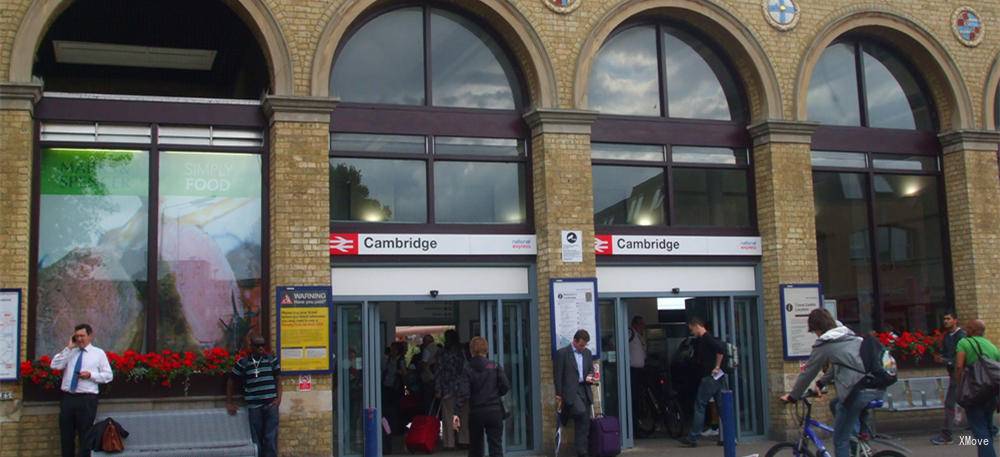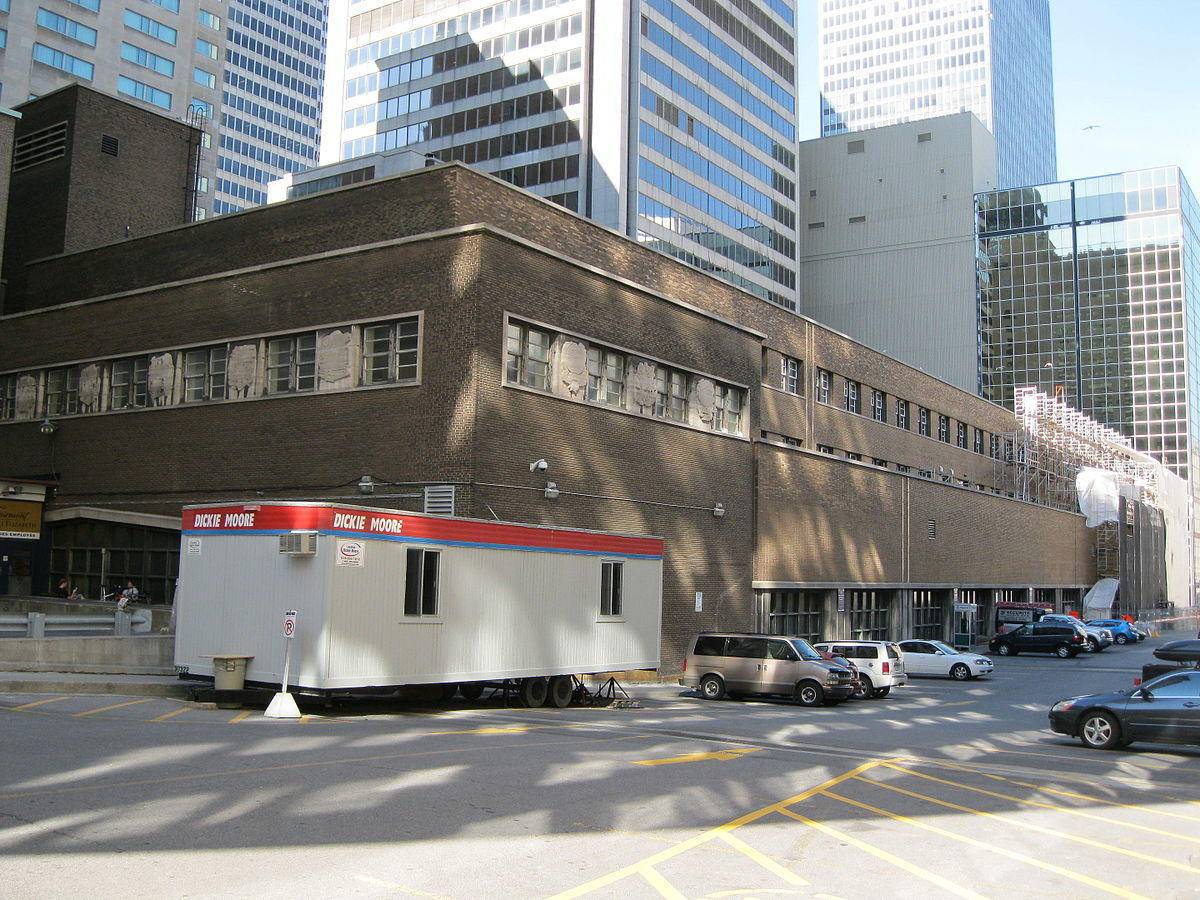Cambridge to Montreal (Gare Centrale), Quebec: Trains, Buses, Fares, Today's Connections, Routes, Duration, Types of Trains, Station Guides, Tips, Journey
United Kingdom Train Tickets
Scan QR code, download G2Rail App to see Cambridge's more live update, station guide, plan and photos



Train schedule Cambridge to Montreal (Gare Centrale), Quebec
Popular train routes departing from Cambridge
* Grimsby
* Honeybourne
* Eppingen
* Stratford Intl (Domestic)
* Dunfermline
* Congleton
* Oakham
Popular train routes arriving in Cambridge
* 선 버리(Sunbury)
* 나이아가라폭포,뉴욕,미국(Niagara Falls, New York, United States)
* Herne Bay(Herne Hill)
* 부가즈히루(Burgess Hill)
* 번햄 온 크라우치(Burnham On Crouch)
* 레일리(Rayleigh)
* 햄스 테드(Hampstead Heath)
Popular train routes departing from Montreal (Gare Centrale), Quebec
* Maryland
* Danville, Virginia
* South Bend (Amtrak Station), Indiana
* Syracuse (Amtrak), New York
* Schenectady, New York
* Bellows Falls, Vermont
* Windsor & Eton Center(Windsor & Eton Centr)
Popular train routes arriving in Montreal (Gare Centrale), Quebec

Cambridge
Cambridge Station
The Cambridge railway station is a railway station in Cambridge, England, in the east of England. Located 1 mile southeast of Cambridge city centre, Cambridge Station is the busiest train station in East England. In 2011/12, 8.8 million passengers got on and off the bus. The building at Cambridge Station itself is a Grade II listed building.
It is the northern terminus of the West Anglia Route and is 55 miles (59.6 km) from the southern finish line of London Liverpool Street.
Station Facilities
- Service Desk
- Taxi stand
- Car Rental
- Accessible Channel
Railway Service
Departing from Cambridge by train,
- Railway operator: Great Northern
(1) Direct train to King's Cross Station in London - 2 shifts per hour (2) Travel to London Kings Crossing Station via Royston, Letchworth and Hatfield (3) Go to Kings Lynn train station via Ely (Kings Lynn station via Ely)
- Railway operator: Greater Anglia
(1) Travel to London Liverpool Street Station via Audley End, Bishops Stortford and Harlow - 2 times per hour (2) Go to Ipswich, Ipswich, via Newmarket, Bury St Edmunds and Stowmarket (1 shift per hour) (3) Travel to Norwich Station, Norwich, via Ely, Thetford and Wymondham (1 per hour)
- Railway operator: Thameslink
(1) Travel to Brighton Station via St Pancras International Station, Farrington Station, Thames City Station, Blackfriars Station, London Bridge Station, East Croydon Station and Gatwick Airport Station (No more than Gatwick Airport on Sunday) 2 trains per hour from Monday to Friday and 1 train per hour on weekends
- Railway operator: Cross Country
(1) Travel to Birmingham Station via Erie, March, Petersburg, Leicester and Nuneaton (1 per hour) (2) Go to Stansted Airport (1 shift per hour)
Traffic in the city
Several local bus services at Stagecoach and Whippet Coaches in Cambridge stop in the southwest of the main building. There are 9 stations connecting the train station to the city centre and other parts of Cambridge, including the Addenbrooke Hospital and surrounding areas. The south of the Cambridgeshire Guided Busway is directly connected to the station, allowing buses to travel from Trumpton to Trumpington via St. Ives and Huntington in St. Ives. The bus also departs from the station to Sawston and Saffron Walden. The taxi stand is located outside the main entrance.

Montreal (Gare Centrale), Quebec
Montreal (Gare Centrale), Quebec - Station Guide | Departures and Arrivals | Popular Routes

Cambridge ( KAYM-brij) is a university city and the county town of Cambridgeshire, England, on the River Cam approximately 50 miles (80 km) north of London. At the United Kingdom Census 2011, its population was 123,867 including 24,506 students. Cambridge became an important trading centre during the Roman and Viking ages, and there is archaeological evidence of settlement in the area as early as the Bronze Age. The first town charters were granted in the 12th century, although modern city status was not officially conferred until 1951. The University of Cambridge was founded in 1209. The buildings of the university include King's College Chapel, Cavendish Laboratory, and the Cambridge University Library, one of the largest legal deposit libraries in the world. The city's skyline is dominated by several college buildings, along with the spire of the Our Lady and the English Martyrs Church, and the chimney of Addenbrooke's Hospital. Anglia Ruskin University, which evolved from the Cambridge School of Art and the Cambridgeshire College of Arts and Technology, also has its main campus in the city. Cambridge is at the heart of the high-technology Silicon Fen with industries such as software and bioscience and many start-up companies born out of the university. Over 40 per cent of the workforce have a higher education qualification, more than twice the national average. The Cambridge Biomedical Campus, one of the largest biomedical research clusters in the world, is soon to house premises of AstraZeneca, a hotel, and the relocated Papworth Hospital.The first game of association football took place at Parker's Piece. The Strawberry Fair music and arts festival and Midsummer Fair are held on Midsummer Common, and the annual Cambridge Beer Festival takes place on Jesus Green. The city is adjacent to the M11 and A14 roads. Cambridge station is less than an hour from London King's Cross railway station.
Cambridge - Guide, Attractions, Tours, Sightseeings | Train from/to Cambridge | Popular RoutesMontreal ( (listen) MUN-tree-AWL; officially Montréal, French: mɔ̃ʁeal) is the most populous municipality in the Canadian province of Quebec and the second-most populous municipality in Canada. Originally called Ville-Marie, or "City of Mary", it is named after Mount Royal, the triple-peaked hill in the heart of the city. The city is centred on the Island of Montreal, which took its name from the same source as the city, and a few much smaller peripheral islands, the largest of which is Île Bizard. It has a distinct four-season continental climate with warm to hot summers and cold, snowy winters.In 2016, the city had a population of 1,704,694, with a population of 1,942,044 in the urban agglomeration, including all of the other municipalities on the Island of Montreal. The broader metropolitan area had a population of 4,098,927. French is the city's official language and is the language spoken at home by 49.8% of the population of the city, followed by English at 22.8% and 18.3% other languages (in the 2016 census, not including multi-language responses). In the larger Montreal Census Metropolitan Area, 65.8% of the population speaks French at home, compared to 15.3% who speak English. The agglomeration Montreal is one of the most bilingual cities in Quebec and Canada, with over 59% of the population able to speak both English and French. Montreal is the second largest primarily French-speaking city in the world, after Paris. It is situated 258 kilometres (160 mi) south-west of Quebec City. Historically the commercial capital of Canada, Montreal was surpassed in population and in economic strength by Toronto in the 1970s. It remains an important centre of commerce, aerospace, transport, finance, pharmaceuticals, technology, design, education, art, culture, tourism, food, fashion, gaming, film, and world affairs. Montreal has the second-highest number of consulates in North America, serves as the location of the headquarters of the International Civil Aviation Organization, and was named a UNESCO City of Design in 2006. In 2017, Montreal was ranked the 12th most liveable city in the world by the Economist Intelligence Unit in its annual Global Liveability Ranking, and the best city in the world to be a university student in the QS World University Rankings.Montreal has hosted multiple international conferences and events, including the 1967 International and Universal Exposition and the 1976 Summer Olympics. It is the only Canadian city to have held the Summer Olympics. In 2018, Montreal was ranked as an Alpha− world city. As of 2016 the city hosts the Canadian Grand Prix of Formula One, the Montreal International Jazz Festival and the Just for Laughs festival.
Montreal,Quebec - Guide, Attractions, Tours, Sightseeings | Train from/to Montreal,Quebec | Popular Routes
United Kingdom Train Tickets
Scan QR code, download G2Rail App to see Cambridge's more live update, station guide, plan and photos



Hot Journeys
* Frankfurt Airport(Frankfurt Flughafen) -> Stuttgart
* Warsaw(Warszawa) -> Berlin(Berlin)
* Berlin(Berlin) -> Frankfurt
* Rome(Roma) -> Venice(Venezia)
* Stuttgart -> Frankfurt Airport(Frankfurt Flughafen)
* Florence -> Prato(Prato)
* Munich(Müchen) -> Dusseldorf(Düsseldorf)
* Turin(Torino) -> Milan
* Strasbourg -> Paris
* Frankfurt -> Cologne(Köln)
* Lucerne(Luzern) -> Arth
* Nice -> Paris
* Seoul(서울) -> Busan(부산)
* Rome(Roma) -> Milan
* Florence -> Pisa
* London(London) -> Edinburg
* Interlaken -> Lucerne(Luzern)
* London(London) -> Paris
* Milan -> Lucerne(Luzern)
* Pisa -> Florence
* Milan -> Rome(Roma)
* Swiss Alps Jungfrau Aletsch -> Lauterbrunnen
* Moscow(Москва) -> St. Petersburg(санкт петербург)
* Florence -> Milan
* Brig -> Andermatt
* Milan -> Turin(Torino)
* Rovaniemi(Rovaniemi) -> Helsinki(Helsinki)
